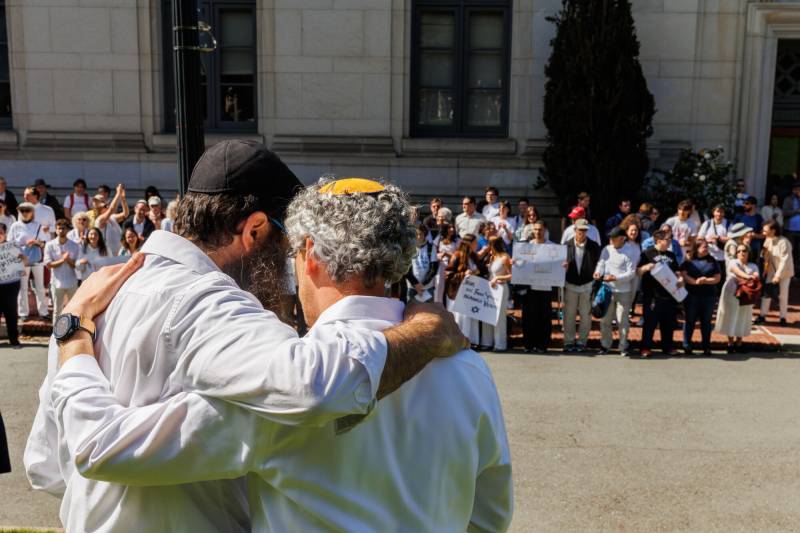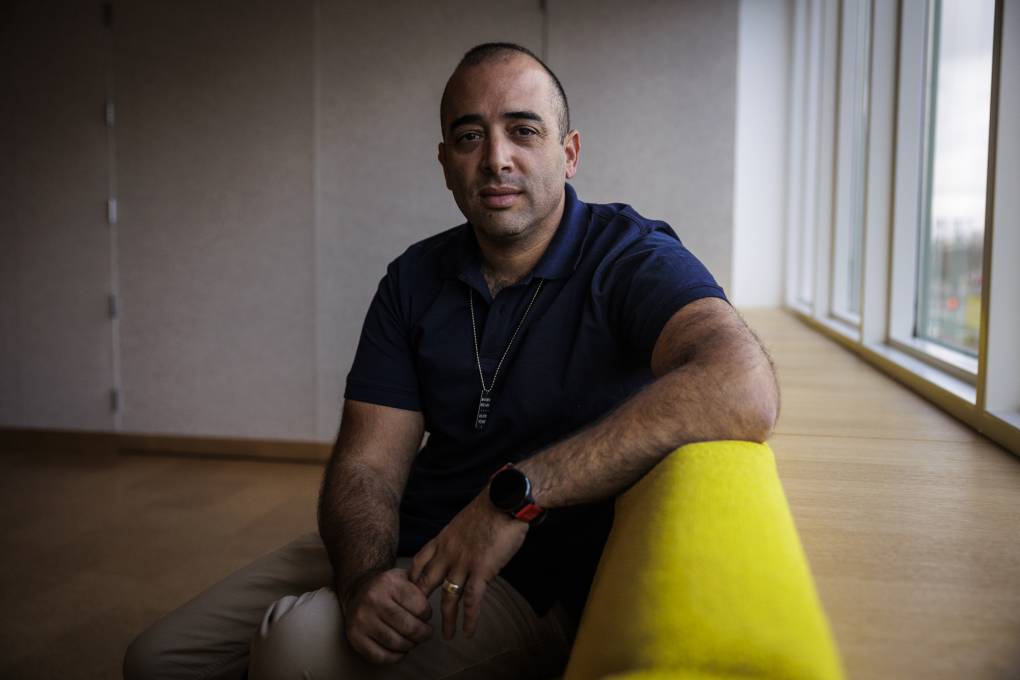Bay Area Jewish nonprofits say millions in grant funding for necessary security enhancements is stuck in limbo after a funding freeze by the Trump administration.
The 30-day pause on funding through the Federal Emergency Management Agency’s Nonprofit Security Grant Program has left many Jewish groups without the tools needed to combat what some have called a nationwide surge in antisemitic incidents.
“There is a lot of uncertainty across the board for people who have received these grants, especially with the Jewish community and the rise in antisemitism in these spaces,” said Molly Jozer, a community security adviser for the Bay Area Jewish Community Federation. “A lot of people are really concerned, rightfully so.”


